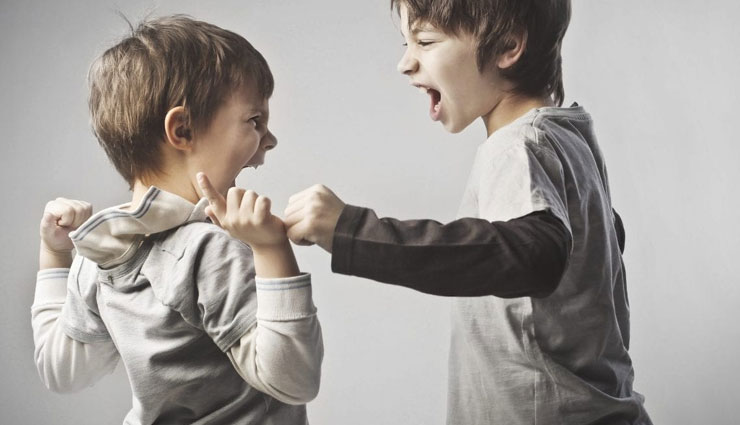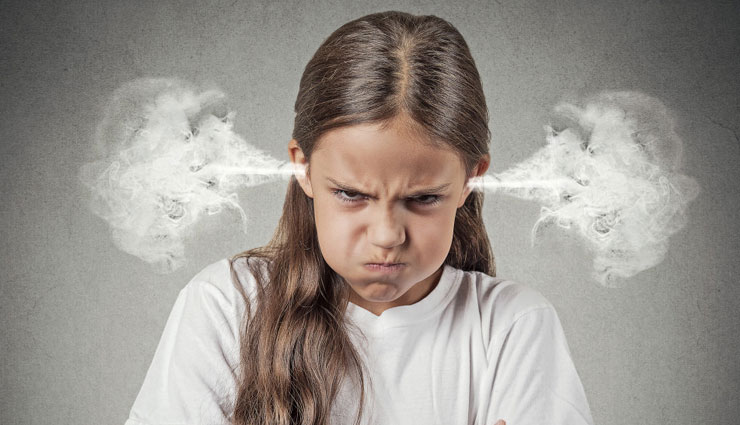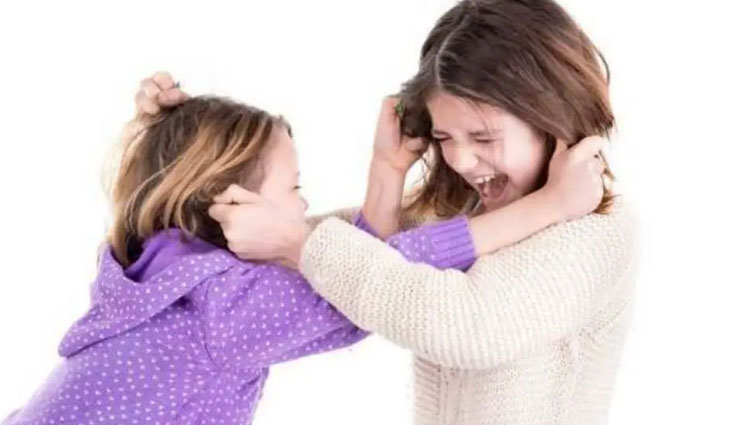- Home›
- Mates & Me›
- 5 Tips To Deal With Aggression In Children
5 Tips To Deal With Aggression In Children
By: Priyanka Maheshwari Tue, 17 Mar 2020 9:30:38

Being angry is okay. But it is not okay to be violent or aggressive. That is an important point that every child needs to know. To prevent your child’s anger from turning into rage, we tell you about anger management in children and the vital role it plays in preventing the aggressive or violent behavior.
Everyone gets angry. Even children do too, and that is normal. But some people cannot deal with their anger. Here are a few signs indicating that your child has anger issues.Anger management is a learning process that teaches kids how to channel their anger healthily and safely. It teaches kids to identify signs of anger and find ways to calm down and productively take action. Please note that anger management is not denying how you feel. It is not about holding or repressing your anger.
* Take a time-out
Timeouts always help when you are angry. When your child is angry and is in a fit of rage, don’t react or reprimand. That will only fuel the anger. Instead of arguing and indulging the child in a heated conversation, give him or her a timeout. If the child is ranting angrily, let them finish, and then send them to their room, as coolly as you can.Anger can be quite scary for some children. So do not leave them alone in a timeout as it can escalate their anger. If you observe that your child is getting scared when angry, then support them to take a timeout by staying either with them or near them.

* The feeling vocabulary
Kids usually tend to shout, scream, punch, kick, and throw things when they are angry because they do not know how to express their anger verbally. A feeling vocabulary is a list of feeling words that the child can use to show their emotions. Teach them different emotion words that they can use to tell you how they feel.
* Let anger out of the body
Anger is triggered by the amygdala – the part of the brain that controls your fight or flight instinct . Once the emotion is triggered, adrenaline is pumped by the adrenal glands and the testosterone levels in the body, heart rate, and arterial tension increase. When adrenaline levels increase, we feel more energetic and stronger and also tend to speak louder.These changes in the body increase the risk of aggression and violence. To prevent that, it is important to redirect all that adrenaline for something more productive and less harmful.

* Empathize
Empathy can do wonders in managing angry kids. If your child is angry, encourage them to talk about it, but don’t cut them off. Acknowledge their feelings. Whether they are angry, frustrated, or just annoyed at something, recognize the feeling.Show your child that you care. Often children get angry when they are let down, disappointed or feel neglected. They might feel that anger is the only way they can be heard or taken seriously. Try and look at what you have done wrong to make your child become so angry.
* Praise good behavior
The behavior of a child depends on your reaction to it. Children thrive on attention and tend to do things that get them their parents’ attention. So when your child displays good behavior, praise them and appreciate their efforts. But do not overdo it. Too much praise can be bad, for they will expect only appreciation and may have a tough time handling criticism.While praising good behavior is important, pointing out the wrongful behavior in a subtle way and helping them correct it is equally important.





